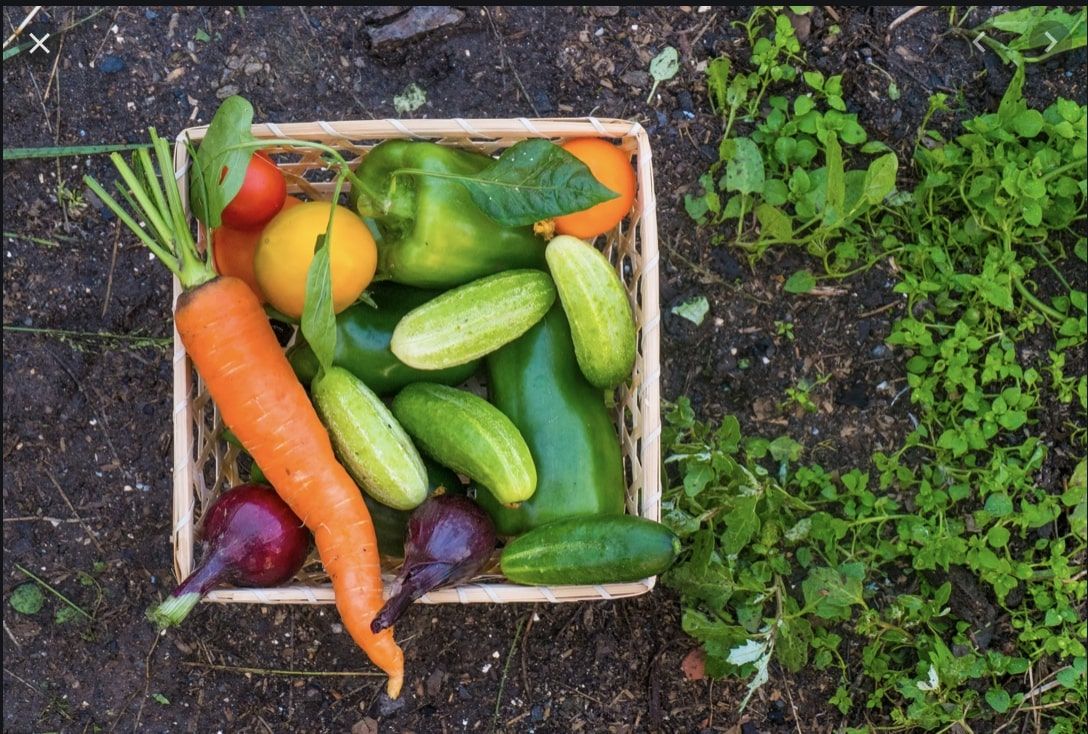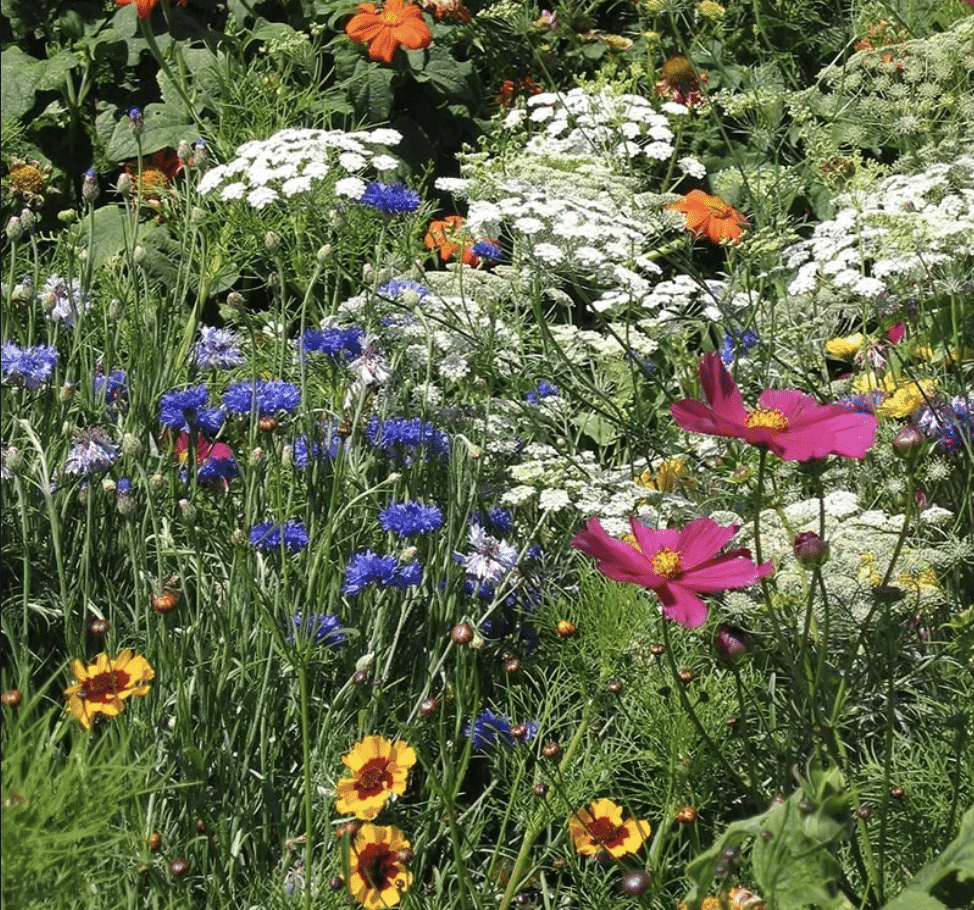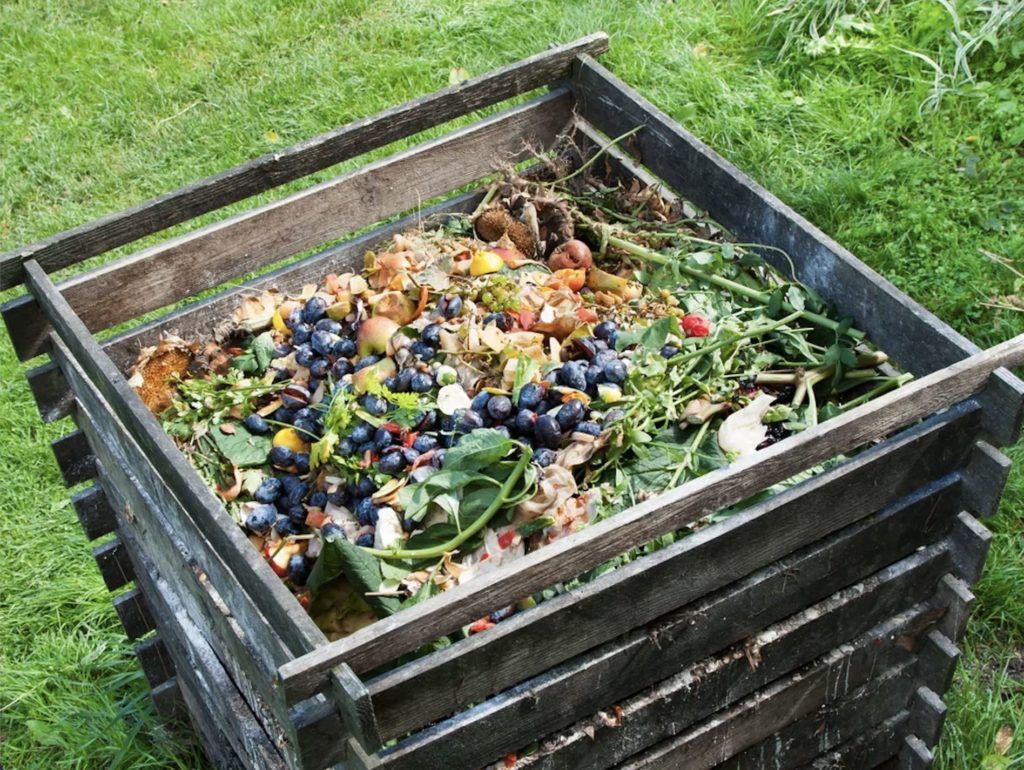
What is sustainable gardening? Sustainable gardening is all about using resources in a smart and environmentally conscious way. Doing so means you'll have less waste, use fewer scary chemicals, and overall, gardening will cost less. We put our heads together and have highlighted a few sustainable gardening practices for you to try!
Plant Native: Native plants are plants that are indigenous to your region. They are good for so many reasons. First, they are more natural to your environment so will take less resources to thrive. They are also more likely to promote your regions pollinators, which will help keep the ecosystem in check. And going with local options also means less resources will be spent physically getting the plant to you.

Organic: Avoid using pesticides and chemical sprays in your garden and opt for the organic versions. This is especially important if you have a vegetable garden as you don’t want any chemical seeping into your food.
No Mow Options: While luscious grass is beautiful, it takes a lot of resources to upkeep. From lawn mowers, water, weed killers -- and time, opting for a no mow alternative can be extremely economical and lead to a more sustainable lawn. We wrote a blog post about this a few weeks ago, see here!
Grow Your Food: Growing food will have a little bit of a learning curve, but start small and learn as you go! Growing food for you and your family is extremely sustainable. Just make sure to do a little research on what works best in your region at specific parts of the year!
Compost: We love composting and have mentioned it before in our family friendly gardening blog post. Add your grass clippings, deadheaded flowers and dried leaves to your compost pile to help keep the lifecycle of the garden churning naturally!

Mulch: Mulching helps prevent weeds and also is a great way to conserve moisture. If you are in a drought prone zone, mulching is extra important. We recommend mulching at least once a year. Add a 2 to 3-inch layer of mulch to your garden beds and plants. There are many different types of mulch so do some research on what will work best in your environment. Some mulch options for sustainable landscaping include: shredded bark, cocoa bean hulls, pine needles, grass clippings, and coir.
Hired Help: If you hire help with your lawn research the company to see what they do in terms of sustainable practices and challenge them to do more. For example, do they leave their trucks idling? What type of power equipment do they use? Do they use organic lawn treatments? Source local plants and support local businesses? Do they expose of waste correctly (locally, compost, etc.)?
See, sustainability isn’t that tough! Tilly is extremely conscious of sustainable practices and happy to answer any questions. We incorporate sustainable options into all of our designs if the client is open to it!
Read more about: Tips